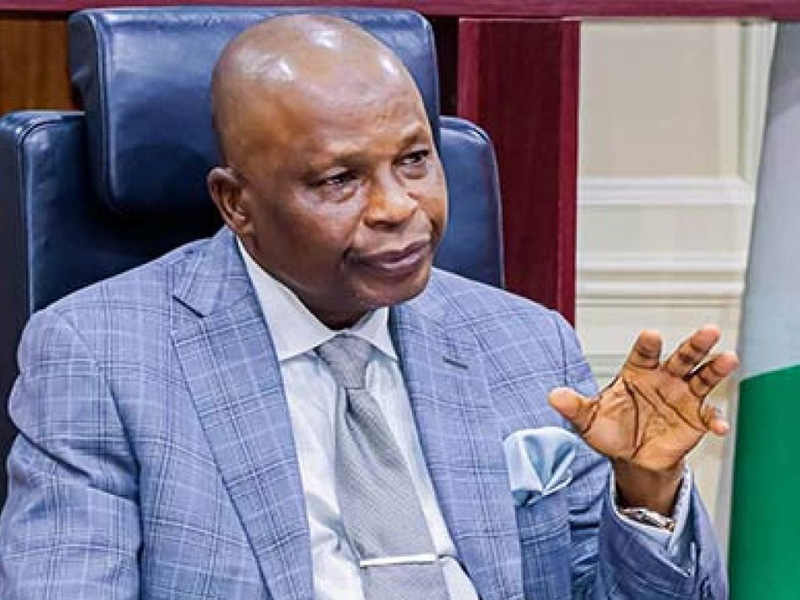No fewer than 1,200 Muslim lawyers from across Nigeria will converge on Ilorin, the Kwara State capital, on Friday, May 16, 2025, for the 16th Annual General Conference of the Muslim Lawyers’ Association of Nigeria (MULAN), themed: “Artificial Intelligence, Law and Religion in Nigeria.”
The three-day conference, holding from Friday to Sunday, will bring together high-profile legal minds and scholars for a robust discussion on the intersection of emerging technologies, jurisprudence, and religious values.
Dignitaries expected at the event include the Governor of Kwara State, AbdulRahman AbdulRazaq; Chief Justice of Nigeria, Justice Kudirat Kekere-Ekun; and the Attorney-General of the Federation and Minister of Justice, Lateef Fagbemi (SAN), among others.
Speaking at a press briefing held at the conference room of the Kwara State Shariah Court of Appeal, Ilorin, MULAN National President, Saidu Muhammed Tudun Wada—represented by the association’s Second Vice President, Barr. Tijani Sanda—described the conference as a landmark event designed to interrogate the evolving relationship between artificial intelligence, legal ethics, constitutional frameworks, and religious principles.
“This year’s theme is not only timely but deeply thought-provoking,” Sanda said. “It reflects the need to navigate emerging technologies within the framework of legal ethics, constitutional rights, and religious values.”
Other notable figures expected at the event include the Chief Judge of Kwara State, Justice Abiodun Adebara; the Grand Khadi of the Kwara State Shariah Court of Appeal, Justice AbdulLateef Kamaldeen; Director General of the Nigerian Institute of Advanced Legal Studies (NIALS), Prof. Ibrahim Abikan; Prof. Yusuf Olaolu Ali (SAN); and the Vice Chancellor of the University of Ilorin, Prof. AbdulWahab Egbewole (SAN).
A major highlight of the conference will be the keynote address by former Minister of Communications and Digital Economy, Prof. Isa Ali Ibrahim Pantami, who is expected to speak on the ethical implications and religious dimensions of emerging digital technologies in legal practice and governance.
Sanda also acknowledged the efforts of Barr. Kehinde Eleja (SAN), Chairman of the Conference Planning Committee, for ensuring a smooth and impactful event.
He noted that Ilorin was strategically chosen as the host city due to its deep-rooted Islamic scholarship and robust legal traditions, describing it as a natural hub for such an important national conversation.
“This conference is not just an annual ritual,” Sanda said. “It is a platform for redefining legal consciousness among Muslim lawyers and setting new standards of ethical and intellectual engagement in a rapidly evolving digital world.”
Please follow and like us:











